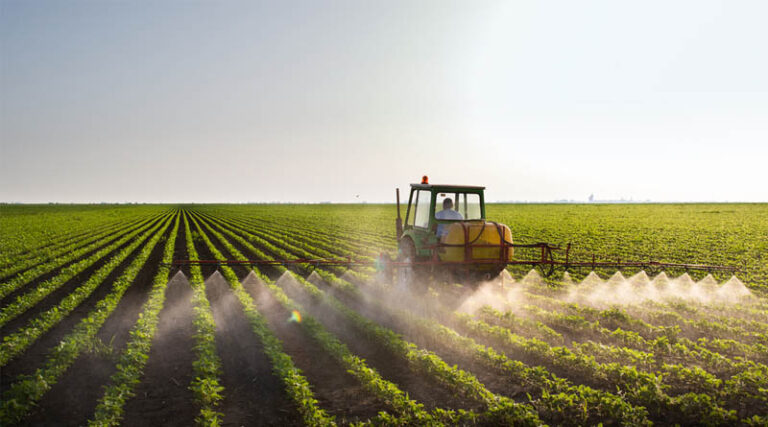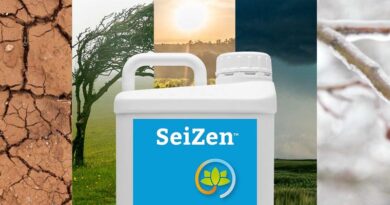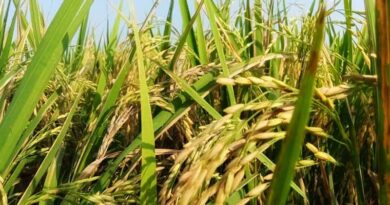
Trump EPA Announces Plan to Re-approve Dangerous, Drift-prone Pesticide Dicamba
24 July 2025, Washington: The Environmental Protection Agency (EPA) announced plans today to re-approve three formulations of the dangerous, drift-prone pesticide dicamba for use on genetically engineered (GE) cotton and soybeans.
The announcement comes in spite of two different federal courts vacating the registrations of the weedkiller as a result of lawsuits filed against EPA by Center for Food Safety, Center for Biological Diversity, the National Family Farm Coalition, and the Pesticide Action Network — once in 2020 and again in February 2024.
Dicamba drift has damaged millions of acres of soybeans, and caused devastating damage to farms, home gardens, native plants and wildlife refuges throughout the Midwest and South. Experts have found dicamba drift damage to be the worst of any herbicide in the history of U.S. agriculture.
“EPA has had seven long years of massive drift damage to learn that dicamba cannot be used safely with GE dicamba-resistant crops,” said Bill Freese, science director at Center for Food Safety. “If we allow these proposed decisions to go through, farmers and residents throughout rural America will again see their crops, trees and home gardens decimated by dicamba drift, and natural areas like wildlife refuges will also suffer,” he added. “EPA must reverse course and withdraw its plans to re-approve this hazardous herbicide.”
The decision to seek re-approval comes less than a month after Kyle Kunkler, a former lobbyist for the American Soybean Association (ASA), was installed as the deputy assistant administrator for pesticides in EPA’s Office of Chemical Safety and Pollution Prevention. The ASA has been a vocal cheerleader for dicamba since its initial approval for use on soybeans in 2016, despite the fact that soybeans have been the most widely damaged crop. A 2021 Inspector General’s investigation found that dicamba’s original approval excluded important scientific evidence during the first Trump administration’s rush to approve it.
“Trump’s EPA is hitting new heights of absurdity by planning to greenlight a pesticide that’s caused the most extensive drift damage in U.S. agricultural history and twice been thrown out by federal courts,” said Nathan Donley, environmental health science director at the Center for Biological Diversity. “This is what happens when pesticide oversight is controlled by industry lobbyists. Corporate fat cats get their payday and everyone else suffers the consequences.”
Today’s proposed decision would substantially loosen the already inadequate restrictions the companies themselves had proposed when they applied for dicamba re-approvals in 2024. It would allow year-round application and eliminate the proposed cutoff date of June 12th for dicamba application to soybeans. Long-standing time-of-day restrictions on spraying to reduce volatility have also been dropped.
Instead of timing restrictions, EPA has instead proposed temperature cutoff restrictions that require so-called “volatility reducing agents” on hotter days, which have been used before and failed to reduce dicamba volatility. Applications would be prohibited in temperatures exceeding 95 degrees, but it is unclear how this could be enforced. EPA has also proposed to maintain the same limited drift buffers that were ineffective in previous registrations and reduced some of those buffers for endangered species. Widespread drift or volatility still remain a problem with new restrictions.
Also Read: Verdesian Life Sciences Appoints RK Goyal as Head of Asia Commercial Operations
📢 If You’re in Agriculture, Make Sure the Right People Hear Your Story.
From product launches to strategic announcements, Global Agriculture offers unmatched visibility across international agri-business markets. Connect with us at pr@global-agriculture.com to explore editorial and advertising opportunities that reach the right audience, worldwide.






